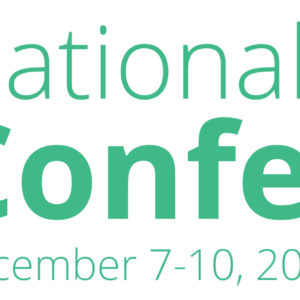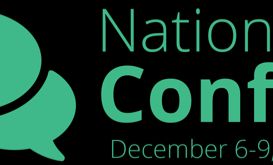Continuing our efforts to get you fired up for the forthcoming National Sex Ed Conference, here’s another post spotlighting one of our conference presenters (you can find our previous presenter spotlight here). Ryan Bronkema, Ph.D., is an Assistant Professor at the University of West Georgia where he teaches Counselor Education and College Student Affairs. He’ll be speaking about the efficacy of allowing anonymous questions in the sex ed classroom.
1. Can you give me a quick rundown of what keeps you busiest these days?
Professionally, I teach in a higher education administration master’s program. I realize this is a rather non-traditional intersection with sex education. However, some campus committee work led me into formal sex education roles, and I love it!
Currently, the projects the keep me busiest focus in two areas:
1) LGBTQ-inclusive teaching (particularly trans*-inclusive teaching). I am building workshops on campus to help faculty members be better allies to their queer students and colleagues.
2) I also stumbled upon a massive data-set of college student perceptions and experiences regarding sexual health from the mid ’80s to late ’90s. Research projects bubbling up out of those data have kept me rather busy as of late.
2. What are your main areas of interest within the field of sexuality?
To be honest, I consider myself to be a neophyte in the field of sexuality. I know I have a ton to learn (which is probably what I appreciate so much about it). If I had anything to contribute to the field, I think it would be my passion for inclusive facilitation. I am sure I will have a lot to gain from the NSEC conference, and I am looking forward to that.
3. What led you to take up the cause of allowing for anonymous questions in the sex ed classroom?
Well, I have been doing some work with Dr. Karen Rayne, and we had been talking about the value of anonymous polling when discussing sensitive, controversial, or potentially embarrassing topics. As you could probably guess, this type of pedagogy has a lot of use in the field of sex education. Anonymity gives the learner a chance to remove any fear of association regarding topics of discussion.
For example, it is possible for a student to enter higher education without ever having had even basic conversations about important sexual health topics. Therefore, using anonymous pedagogical methods with college students (as an example) gives them space to ask questions they “should” know the answer to.
Anonymity might give an educator working with participants of all ages the chance to remove the embarrassment from the opportunity to ask critical questions when in the presence of a qualified professional sex educator.
4. What is the main takeaway you hope conference attendees will get from your presentation?
It is our hope that participants will be able to identify three different uses for anonymity in sexuality education environments, and also appreciate appropriate timing for, and the value of, each of those uses.



